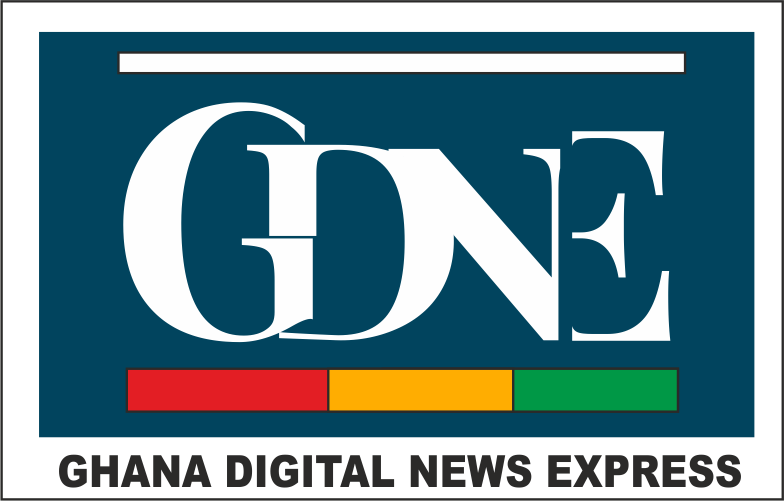ADB Board Chairman Kwahumanhene resigns following extortion allegations

A press release posted on the website of the Ghana Stock Exchange read, “ADB announces for the information of the general investing public, the resignation of Daasebre Akuamoah Agyapong II, an Independent Non-Executive Director, of the Bank. His resignation took effect on October 11, 2024.
The Board Chairman of ADB Bank, Daasebre Akuamoah Agyapong II has resigned with immediate effect following allegations of extortion against him by one of the customers of the bank.
According to the bank, his resignation follows an emergency board meeting on Thursday, at which meeting he decided to step down in the best interest of the Bank.
It will be recalled that a Customer of the Bank, Collins Darkwa petitioned the Office of the President alleging that the Board Chairman who doubles as the Kwahumanhene extorted a significant amount of money from him in exchange for a GH₵12 million loan.
The businessman detailed in his petition how the Board Chairman demanded GH₵50,000.00 up front and further loan from him for the approval of the 12 million Ghana cedis and appealed to the Presidency to help him recover a total amount of GH₵2,408,000.00 from the Board Chairman.
Meanwhile, the resignation of the Board Chairman has brought a sigh of relief to the Bank which many consider as one of the best-performing local banks.
The swift decision is also reassuring to customers and the general public of the Bank’s commitment to good corporate governance and best practice.
Cal Bank Sacks Top Managers
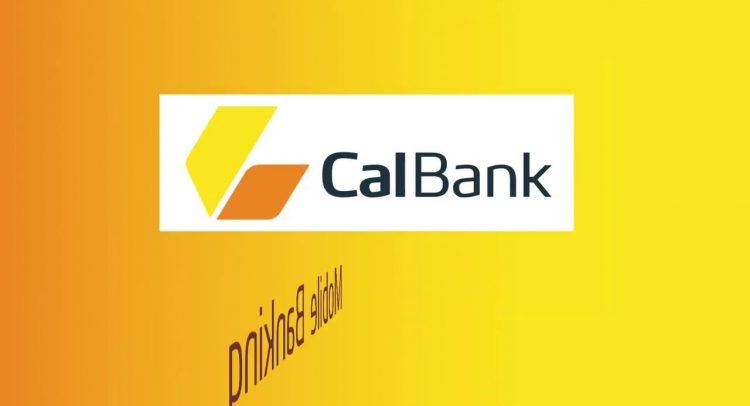
Cal Bank, one of Ghana’s high profile indigenous banks, has taken drastic measures to address its financial woes by sacking several top managers.
The move is aimed at correcting previous impairments and restoring the bank’s capital base, according to a report by The High Street Journal.
According to sources, the executives who lost their positions include the Head of Treasury, Head of Finance, Head of Custody, Executive Head of Finance and Operations, Chief Risk Officer, and Head of Business Development. Additionally, the Head of Fixed Income and the Head of Corporate Banking were also let go.
The sackings are reportedly linked to a GH¢1.5 billion loan facility that went bad, with suspicions of internal collusion among the affected executives.
This development follows the recent appointment of a new Managing Director, whose predecessor was reportedly pushed to retire in earlier restructuring efforts.
To address the leadership gaps created by these firings, the bank has engaged an experienced banking consultant to help find suitable replacements for the sacked officials.
The Bank of Ghana has set a deadline for CalBank to resolve its internal issues by the end of November 2024.
Cal Bank’s financial troubles became evident earlier this year when it faced serious impairments that greatly reduced its capital.
The bank initiated a rights issue to raise GH¢600 million but only managed to raise GH¢145.8 million, barely exceeding the minimum threshold of GH¢120 million required.
Following the shortfall, CalBank turned to a private placement to secure the remaining GH¢454.2 million needed to meet its capital requirement.
Potential investors were identified by July, but the bank has yet to finalize a deal.
Despite the challenges, CalBank reported a significant financial recovery in the first half of 2024, with profit after tax rising by 49.4%.
The reversal of shareholders’ equity improved from a negative GH¢18.49 million at the end of 2023 to a positive GH¢112.9 million by June 2024.
Ghana ranks 8th in economic stability and investment climate in Africa
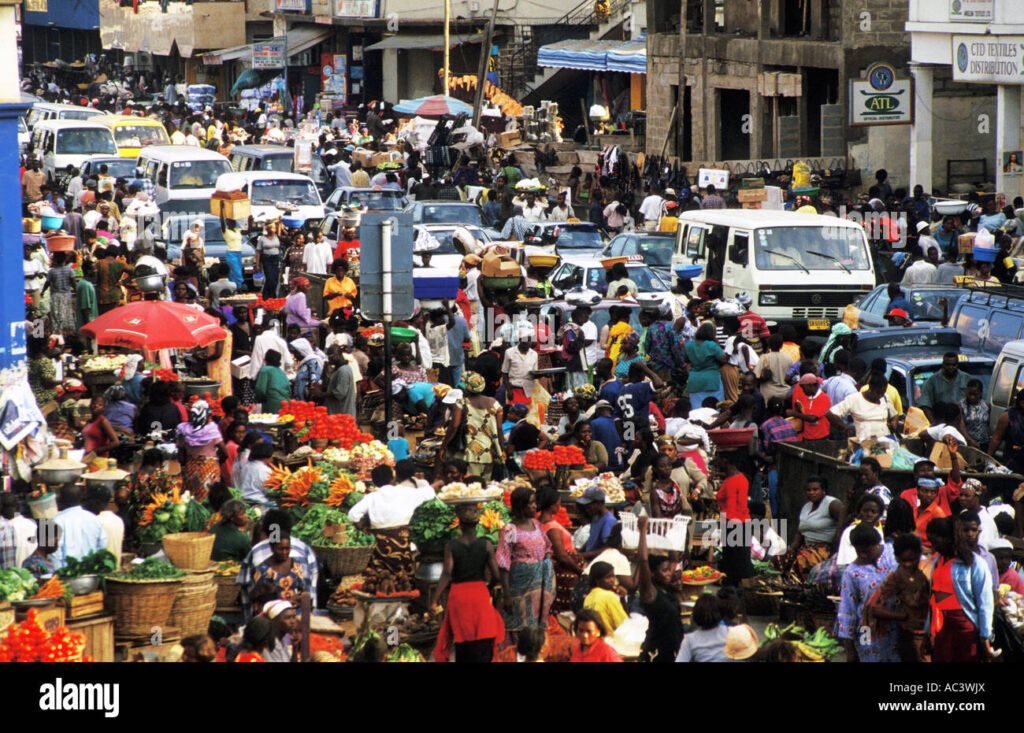
Ghana has secured the 8th spot for economic stability and investment climate in Africa, according to the 2024 Rand Merchant Bank (RMB) “Where to Invest in Africa” report.
The report highlights Ghana’s strong performance among 31 African nations, showcasing its strengths in forex stability and liquidity, economic freedom, inflation control, and political stability.
The Rand Merchant Bank report assesses countries across four key pillars: economic performance and potential, market accessibility and innovation, economic stability and investment climate, and social and human development.
Ghana also stands out in other areas, ranking 3rd in social and human development, 6th in market accessibility and innovation, and 15th in economic performance and potential.
However, when excluding smaller economies like Seychelles and Mauritius, Ghana emerged as the 4th most attractive investment destination, just behind Egypt, South Africa, and Morocco.
With a GDP of $76 billion and a population of 33.5 million, Ghana presents a significant market, ranking among the top ten in urbanisation, innovation, political stability, personal freedom, and employment.
The country also ranks favourably in corruption control and leads in import concentration.
Despite these strengths, the report stresses the importance of addressing Ghana’s high public debt and inflation to maintain macroeconomic stability, especially under the ongoing $3 billion IMF extended credit facility program (2023-2026).
Encouragingly, there are signs of fiscal consolidation, with the fiscal deficit projected to shrink to 4.6% of GDP by the end of 2023, down from 10.7% in 2022. Even with lower oil revenues, overall revenues and grants have remained steady at 15.7% of GDP in 2023.
Excessive tax exemptions eroding Ghana’s revenue potential – World Bank

The World Bank has raised concerns over the significant impact of tax exemptions on Ghana’s revenue generation capabilities.
According to the institution, the country’s tax system is underperforming due to a multitude of tax reliefs that substantially narrow the corporate income tax (CIT) base.
From 2015 to 2020, Ghana forfeited an estimated average of 1.3% of its Gross Domestic Product (GDP) annually in potential corporate tax revenue. The World Bank’s analysis highlights that the proliferation of over two dozen different types of tax breaks for companies is a major contributor to this shortfall.
The 8th Ghana Economic Update by the World Bank further underscores the fiscal implications, revealing that these exemptions cost the country approximately 0.5% of its GDP in lost revenue every year.
Personal income tax (PIT) accounts for about 15.0% of Ghana’s total tax revenues, below Sub-Saharan Africa’s (SSA) average of 18.0%).
As of 2020, Ghana’s PIT take was equivalent to 2.0% of GDP (against the SSA average of 3.5 per cent), leaving a gap between the country’s actual and potential PIT revenue equal to more than 2.0 of GDP.
Payroll taxes also accounted for more than 99.0% of total PIT proceeds.
All other forms of PIT (taxes on capital gains, investment income, and business income of the self-employed) make up less than 1.0% of total PIT proceeds—versus more than 30.0 in certain other LMICs, such as India.
In 2022, less than 25 percent of Ghanaians of voting age (aged 18 and older) paid payroll taxes under the Pay-As-You-Earn (PAYE) scheme, and less than 0.2% declared any business income.
In comparison, in countries with high PIT productivity such as Norway, Sweden, and Canada, almost 100% of the voting population file PIT returns.
Cocoa Processing Company records $9.5m loss in first half of 2024
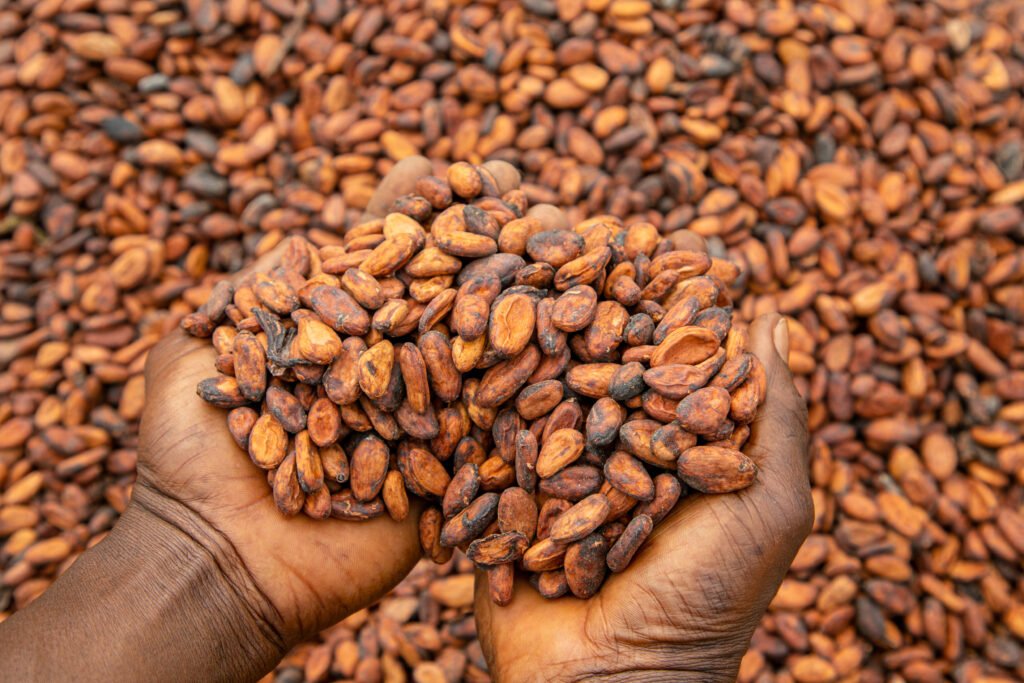
The financial woes of the state-owned Cocoa Processing Company Limited (CPC) have deepened, with the firm recording a loss of $9,568,898 million in the first half of 2024, up from $9,155,700 million during the same period last year. This marks a 4.5% surge in losses.
The increase in losses is primarily attributed to escalating operational costs, especially in selling, distribution, and financial expenses.
According to its 2024 Unaudited Financial Statement, CPC’s total revenue for the first half of 2024 declined to $22,198,703, down from $24,184,099 in the first half of 2023, reflecting an 8.2% decrease.
Additionally, the company’s production significantly dropped during the period under review. Cocoa beans processed plummeted to 2,886 metric tonnes from 6,614 metric tonnes in 2023.
emi-finished products packed fell to 2,239 metric tonnes from 5,425 metric tonnes, and confectionery products packed also declined, recording 1,049 metric tonnes from 1,418 metric tonnes.
To address its mounting challenges and steer towards profitability, CPC has secured a commitment from COCOBOD to continue supplying cocoa beans to meet its operational needs.
Crucially, COCOBOD will not demand repayments in a manner that jeopardizes CPC’s operations.
The Board of Directors has implemented several measures aimed at turning the company around and achieving profitability. These measures include cost-cutting, investing in infrastructure and machinery, and expanding the revenue base.
In a bid to bolster its financial position, CPC’s management is in discussions with the African Export-Import Bank (Afreximbank) to secure an $86.7 million loan facility.
Inflation continues downward trend, reaches 20.9% in July
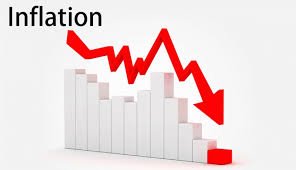
Ghana’s consumer inflation has continued its downward trajectory, dropping to 20.9% year-on-year in July, marking the fourth consecutive month of decline.
The drop represents a 1.9 percentage point drop from June’s 22.8% signalling a gradual easing of the economic pressures that intensified throughout 2023.
In July, food inflation stood at 21.5%, while non-food inflation was slightly lower at 20.5%. Interestingly, the inflation rate for imported items was recorded at 15.6%, significantly lower than the 23.3% observed for locally produced goods.
This sustained decline in inflation, which began in April 2024, indicates a steady cooling of price growth.
Over the past four months, the consistent drop in inflation has brought some relief to consumers and businesses alike, after a period of heightened economic strain.
On a month-to-month basis, the pace of inflation growth also slowed, with a 2.1% increase from June to July 2024, down from 3.2% in May. This two-month trend suggests that the inflationary pressures are beginning to ease.
Year-on-year data shows a significant reduction in food inflation, which is now approximately 2.4 times lower than in August 2023. However, food prices remain slightly higher than those of non-food items.
Additionally, the disparity between inflation rates for locally produced and imported goods is notable. Locally produced goods experienced a higher inflation rate of 23.3%, compared to 15.6% for imported items.
Ghana wins seat on Shelter Afrique Development Bank Board

Ghana has won a seat on the Board of Directors of the Shelter Afrique Development Bank.
The win at the 43rd Annual General Meeting (AGM) held in Kigali, Rwanda, on June 13, 2024, makes Ghana one of six countries to steer the affairs of the Bank.
Minister for Works and Housing, Kojo Oppong Nkrumah, who led Ghana’s delegation to the AGM expressed optimism about the opportunities this development will unlock for the country.
Shelter Afrique, a Pan-African housing finance and development institution, has been pivotal in promoting affordable housing across the continent. This year’s AGM, themed “Sustainable Partnerships in the Affordable Housing Finance Value Chain,” brought together representatives from member states, financial institutions, and development partners. The primary focus was on transforming Shelter Afrique into a dynamic development bank that meets international standards.
Addressing the media, on the sidelines of the meeting, Minister Oppong Nkrumah highlighted the significance of Ghana’s new position.
“Securing a seat on the Board of Shelter Afrique is a strategic victory for Ghana. This development not only enhances our influence within the organization but also positions us to attract more resources to support our affordable housing initiatives,” he stated.
The Minister emphasized that increasing Ghana’s presence in Shelter Afrique is part of a broader strategy to strengthen its shareholding and leadership role within the bank. “Our increased presence at Shelter Afrique will enable us to tap into a wealth of resources and expertise. This will significantly boost our efforts in rolling out affordable housing projects and providing mortgages to make these homes accessible to our citizens,” Oppong Nkrumah explained
The AGM marked a pivotal moment for Shelter Afrique, as underscored by its Managing Director, Thierno Habib Hann. “This AGM marks a decisive turning point to affirm our journey of transformation,” Hann remarked. The meeting’s discussions centered around fortifying the organization’s operational framework and aligning it with international best practices to better serve its member states.
For Ghana, this new board seat is a testament to the country’s commitment to addressing its housing deficit. Currently, Ghana faces a significant housing shortfall, with demand far outstripping supply, particularly in urban areas. The government has been proactive in seeking partnerships and investments to bridge this gap, and its engagement with Shelter Afrique is a critical part of these efforts.
Minister Oppong Nkrumah reiterated the government’s dedication to leveraging this new position for the greater good. “With this seat, we are better positioned to influence decisions that directly impact our housing sector. We will advocate for policies and initiatives that support our national housing agenda and ensure that the benefits of our membership in Shelter Afrique are fully realized,” he added. The Minister also expressed gratitude to the member states and partners who supported Ghana’s bid for the board seat. “We extend our heartfelt thanks to our fellow member states and partners for their confidence in Ghana’s capabilities. This collective effort underscores the spirit of cooperation and shared goals that define Shelter Afrique,” he said.jn
Traders leverage dawn business to reduce operational cost

From reduced taxes to lower operational costs, the allure of dawn trading has become a pivotal strategy for many, transforming Accra’s bustling trading arenas into vital economic hubs long before sunrise.
An interaction with both traders and buyers who converge for dawn transactions reveals the impact of early trading on local economies. we spoke to someone who hails from Prestea in the Western Region and came to Accra seeking a better life, has been trading at dawn for over three years now. “I arrive early because some of my customers are retailers in various markets who also operate in the mornings. Coming in early ensures we can meet their needs promptly. This is what has been fending for us,” he said.
“We don’t arrange any form of payment using this spot. Transactions are conducted informally,” he opined.
Further engagements with some of the traders and buyers accentuated the reasons behind its growing popularity and uncovered the challenges faced by participants in this burgeoning sector.
Emerkson, from neighbouring Nigeria but residing in Ghana for over a decade, says the high cost of shops in the business district made him explore dawn trading.
“The last time I checked the price of a shop around this area was GHS 1500 and even with that the owners were demanding an advance of 5 years. How much is my capital to even afford that price,” he noted.
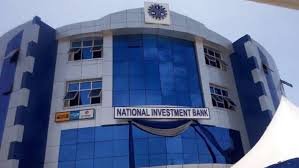
it’s unacceptable to inject cash into a bank that hasn’t made $1 profit since 2013 – Franklin Cudjoe
Founding President of IMANI Africa, Franklyn Cudjoe, has said that the National Investment Bank should be collapsed. He is against any move by the government to inject capital into a bank that has not made even a one-dollar profit since 2013.
In a post on his Facebook page, Mr Cudjoe said “That bank must just be killed. Politicians of all shades have pillaged the state bank and yet, successive governments keep fueling it with our taxes, especially during elections! The state’s loot-happy bank, has never recorded a $1 profit since 2013. Even in debt-distressed state, we continue this shackling. ! This is completely unacceptable!”
His comments come at a time when the Minister of Finance Dr Mohammed Amin Adam has assured that the Ministry and the Bank of Ghana (BoG) would soon implement a plan to resolve the challenges of the NIB. He described the plan as credible, comprehensive, and cost-effective.
NIB is experiencing turbulent years of banking following a switch from its primary duties as bank for local industries to a universal Bank; focusing on development and commercial banking activities. Established through an act of parliament and regulated by the bank of Ghana, the NIB bank currently has over 70% of the Bank’s portfolio made up of loans to the Ghanaian private sector.
With the current economic challenges and banking crisis, analysts suggest the bank’s Non-Performing Loans (NPLs) to both government and the private sector could be higher and negatively affect its books.
But the Finance Minister said during his monthly economic update in Accra on Friday May 24 that “The Bank of Ghana and the Minister of Finance have designed and would soon begin the implementation of a credible, comprehensive and cost-effective plan that seeks to address NIB’s challenges.”
Dr Amin Adam further said that the cabinet has approved a plan for the restructuring and recapitalisation of the National Investment Bank (NIB). As part of the plan, he said the government will recapitalise the NIB with an amount of GHC2.3 billion in the next 12 months.
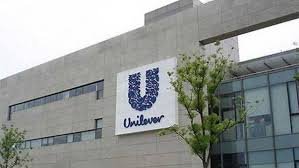
Unilever Ghana announces first dividend since 2019 following strong performance
This payout, totaling GH¢25 million, will be distributed on June 24, 2024, to shareholders listed in the company’s register as of May 22, 2024, the company revealed during its Annual General Meeting (AGM).
The announcement comes on the back of a significant financial turnaround for the year 2023, with the company reporting a profit of GH¢141 million, a substantial increase from the GH¢15 million recorded in the previous year. The Chairman of the Board of Directors, Edward Effah attributed this impressive performance to a 44 percent increase in turnover driven by price hikes, product innovation, and investment in brand equity.
“I would like to thank the group’s employees, led by an exceptional management team, for delivering an outstanding performance in 2023 by combining remarkable growth in margins with record cash generations,” said Mr. Effah.
In addition to the financial success, Unilever PLC, the parent company, agreed to write off GH¢75 million in royalties due from 2019 to 2021.
Mr. Effah explained that this decision was necessary as future cash flows from Unilever Ghana were not expected to cover historical and future royalties and dividends. Mr. Chris Wulff-Caesar, Managing Director of Unilever Ghana, highlighted the company’s sectoral growth.
“The write off has become necessary because the future cash flows of Unilever Ghana PLC are not expected to be sufficient to pay historic and future royalties charges and dividends,” he said. The personal care category saw an underlying sales growth of 45.3 percent, while the beauty and well-being category experienced a remarkable 110 percent increase. The home care category grew by 30.7 percent, and the nutrition business group reported a 90 percent growth in underlying sales.
Mr. Sampson Ashong, the General Secretary of the Shareholders Association, expressed satisfaction with the company’s financial turnaround and the dividend payment. “We don’t pay this year and next year we are back to non-payment of dividends. It was for that reason that we wanted them to tell us the pragmatic steps they are taking to ensure that we have continuous dividends,” he said in an interview.
The Unilever Ghana share price closed trading at GH¢12 last Friday.
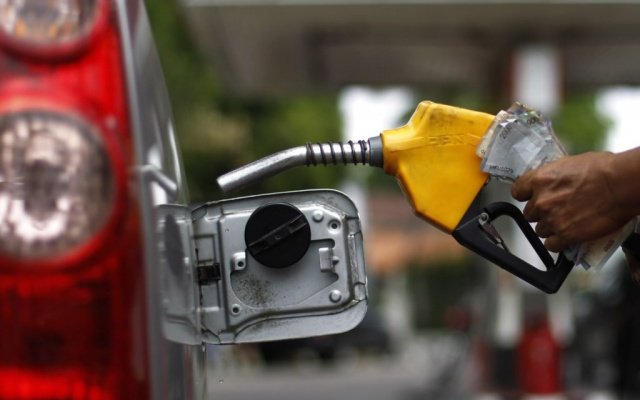
NPA increases price floor for diesel to GH₵13.15; petrol reduced to GH₵13.60
The National Petroleum Authority (NPA) has announced new price floor for oil marketing companies and other players selling petroleum products from May 15 to May 31, 2024. Based on the price update, the floor price for diesel has gone up to GH₵13.15, from the old price of GH₵13.07.
Petrol on the other hand has been reduced marginally. According to the new price floor, no oil marketing company should sell a litre of petrol below GH₵13.60. This represents a reduction from the old price of GH₵13.63. The NPA also announced that a kilogram of Liquefied Petroleum Gas must not be sold less than, GH₵12.30. This represents an increase from the GH₵10.55 the quoted as price floor from May 1 to May 15, 2024.
The price update from the NPA reminded all the various players including the Oil Marketing Companies to strictly comply with the new pricing guidelines for the industry.
The price floor announcement covers the second pricing window for petroleum products which runs from April 16 to April 30 2024.
The National Petroleum Authority introduced the price floor mechanism to check price undercutting in the industry. It stated that the practice if not checked could threaten the stability of the industry.
The NPA insists the roll out of the price floor policy was based on industry consultation and recommendation by players on what steps must be taken to deal with price undercutting.
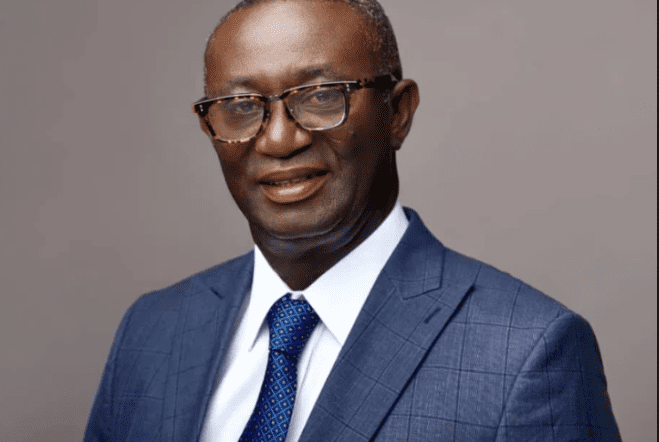
Cedi depreciation: Let’s have a national economic dialogue – Appiah-Kubi
Andy Appiah-Kubi, the Member of Parliament for Asante Akim North, has called for a national dialogue to come up with solutions to the difficulties facing the Ghanaian economy and the depreciation of the cedi.
According to him, the country needs to revise its economic arrangements to develop a blueprint that will make it a country worthy of living.
Speaking on The Key Points on Saturday, May 18, Mr Appiah-Kubi emphasised the importance of value addition to Ghana’s raw materials to rake in enough revenue and stabilise the local currency.
“Reference to the Guggisberg economy was the fact that we were exporting raw materials to feed European industries, if we have a good understanding of that we need to reverse it so that our raw materials will find value addition our economy and indeed access to our local markets.
“We can have a national forum on the economy and let’s agree to accept other people’s opinions. The country is for all of us so that if we do it well it becomes a habitable place for all of us, so a national economy probably at this time to think through our difficulties and come out with a blueprint that will sustain Ghana as a country worthy of living,” he stated.
Additionally, the Asante Akim North lawmaker advocated for the removal of trade restrictions for countries in the ECOWAS sub-region to trade among themselves.
